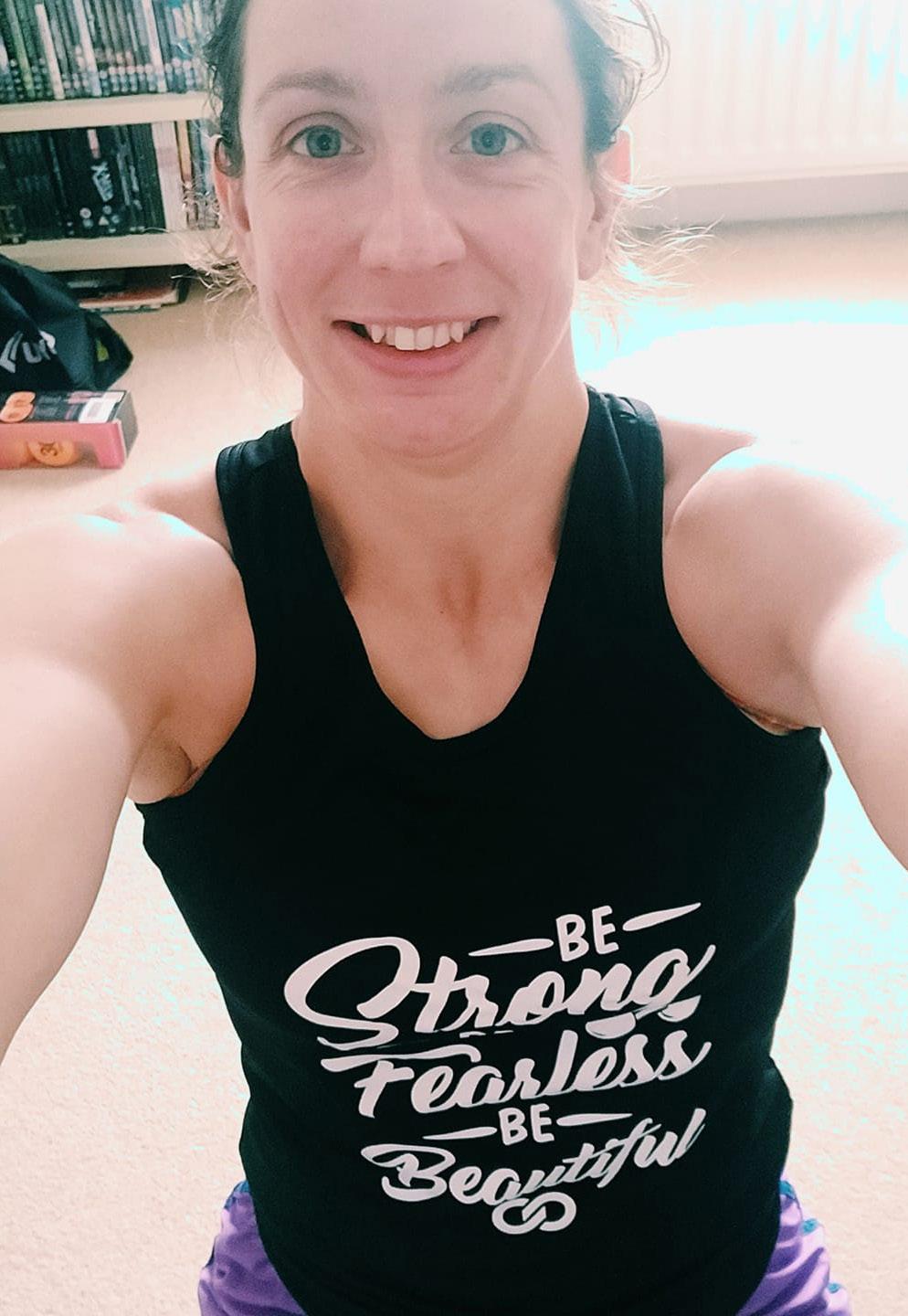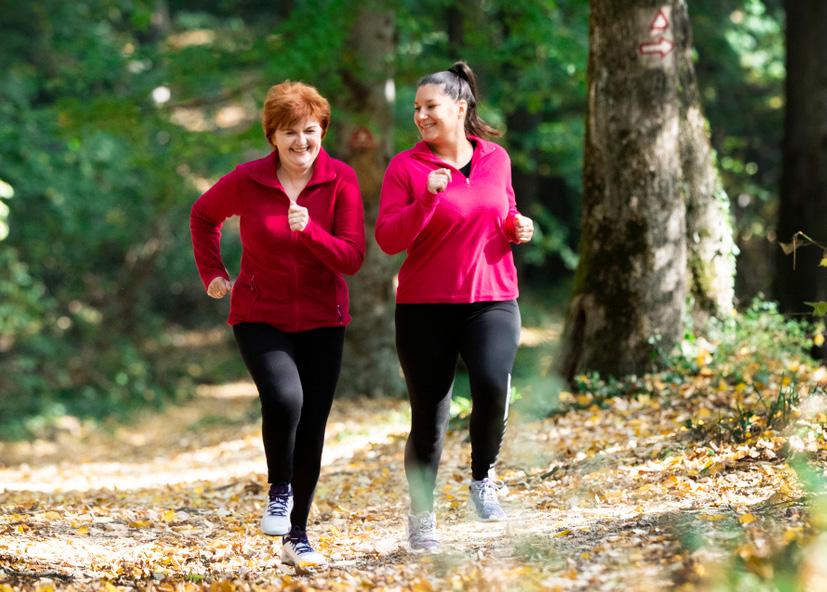
4 minute read
Health
Sleeping Your Way To Good Health
by Karen Geary, a Registered Nutritional Therapist DipION, mBANT, CNHC at Amplify How many hours of sleep did you get last night? Was it uninterrupted? Did you struggle getting off to sleep? These are the questions I ask clients when they see me. You may ask – what has this got to do with nutrition?
Sleep is the first step towards great health. What we eat and drink, how much we exercise, how much exposure to natural daylight we have, all have an impact on our sleep. Poor sleep makes us vulnerable to infections and illnesses, increases inflammation, lowers our immunity and stops us from losing weight. Prolonged sleep deficiency or disturbance can lead to chronic, systemic low-grade inflammation and is associated with various diseases such as obesity, diabetes, cardiovascular disease and neuro degeneration. How much sleep do we need? We still don’t really know how much sleep is ideal for our specific bodies. The recommended time I read about is 7-8 hours sleep a night but studies vary.
How to improve your sleep
Preparation:
• No clutter in the bedroom. • Get the room as dark as you can. • No unnecessary electrical equipment in the bedroom. • Bedroom temperature ideally needs to be below 20 deg C. • If you sleep with someone who is always cold and you are always hot, buy two single duvets with different tog ratings.
During the day:
• Exercise. If you didn’t sleep well the night before, choose something to stress your body, eg. go for a run instead of yoga. • Get high quality light by spending time outside before noon to increase the production of serotonin.
Serotonin is a precursor to melatonin which is needed for deep sleep. • Stop caffeine by noon • Practice mindfulness or some form of meditation • Reduce high sugar foods • Before bed time – remember the two hour rule: • Try to adopt a ritual to wind down the mind before bed. • It might be a soothing bath, music, reading, family chat time, chamomile tea. • Stop eating and drinking alcohol at least two hours before bedtime. • Have cherry juice with dinner.
It has the highest food source of melatonin (our sleep hormone). Cherry Active
Concentrate is available in health stores or on Amazon. • No devices two hours before, or if that is not possible, reduce ‘blue’ light from
TV’s, computers, tablets, smartphones, energy efficient light bulbs. Wear blue blocking glasses, switch to
‘night mode’ or red screen on devices, use dimmer switches.
At bed time:
• Go to bed at the same time. • Unplug all unnecessary electricals. • Ban devices from the bedroom. • If you have noise, deploy earplugs or a white noise machine. If you do allow a device into your room, use an app that has a background noise such as lapping waves. • If you can’t get the room dark, try an eye mask. • If you wake up in the night, try belling breathing or box breathing and counting until you drift off again. • Get up at the same time every day.
HEALTH
Mel Mitchell is an experienced Personal Trainer, Kettlercise and group exercise instructor and sports massage therapist based in Sturminster Newton. The key to keeping motivated!
With a year of restrictions and lockdowns it seemed fitting to talk about ways to keep yourself motivated to do exercise.

Trust me, even as fitness professionals we have days where we struggle with motivation. We are only human at the end of the day!
Peoples attitude towards exercise can have a massive impact on motivation. If you dread something then the likelihood is that you won’t enjoy it and motivation suffers as a result.
It is all about finding the thing that you love doing.
Changing your attitude towards exercise can be as simple as trying something different. For example, if running isn’t your thing then give swimming or cycling a go. You don’t know you like something until you try it! I for one am always trying new forms of exercise just to keep life interesting.
As personal trainers we are taught that setting goals is one of the fundamental ways of keeping clients motivated. But it is important not to become overwhelmed by the larger longterm goal. Instead, cut it down into small manageable chunks, concentrating on achieving the smaller goals one at a time.
Remember ‘a little progress each day adds up to big results’.
Scheduling in exercise during your week can be another great way to keep you motivated. It certainly is for me! My work commitments can sometimes mean it’s difficult for me to set up a consistent exercise routine. Sitting down and writing it in the
Even in lockdown we could exercise outside with another person - it’s a great way to maintain a connection as well as keeping each other motivated. Mel Mitchell

diary can help keep you accountable. If you have a friend that you can recruit as a fitness buddy, then even better! Organising exercise with a partner in crime means you are accountable to others and will help keep both parties motivated. Joining clubs, fitness classes or even having sessions with a personal trainer is another great way of keeping on track.
Remembering your ‘why’ is
important. There might be many reasons why you exercise, whether it’s to keep fit or for mental health reasons. It is important to not lose sight of why you started your exercise journey in the first place.
Always happy to answer your questions - send them to me on melmitchellmassage@gmail.com











